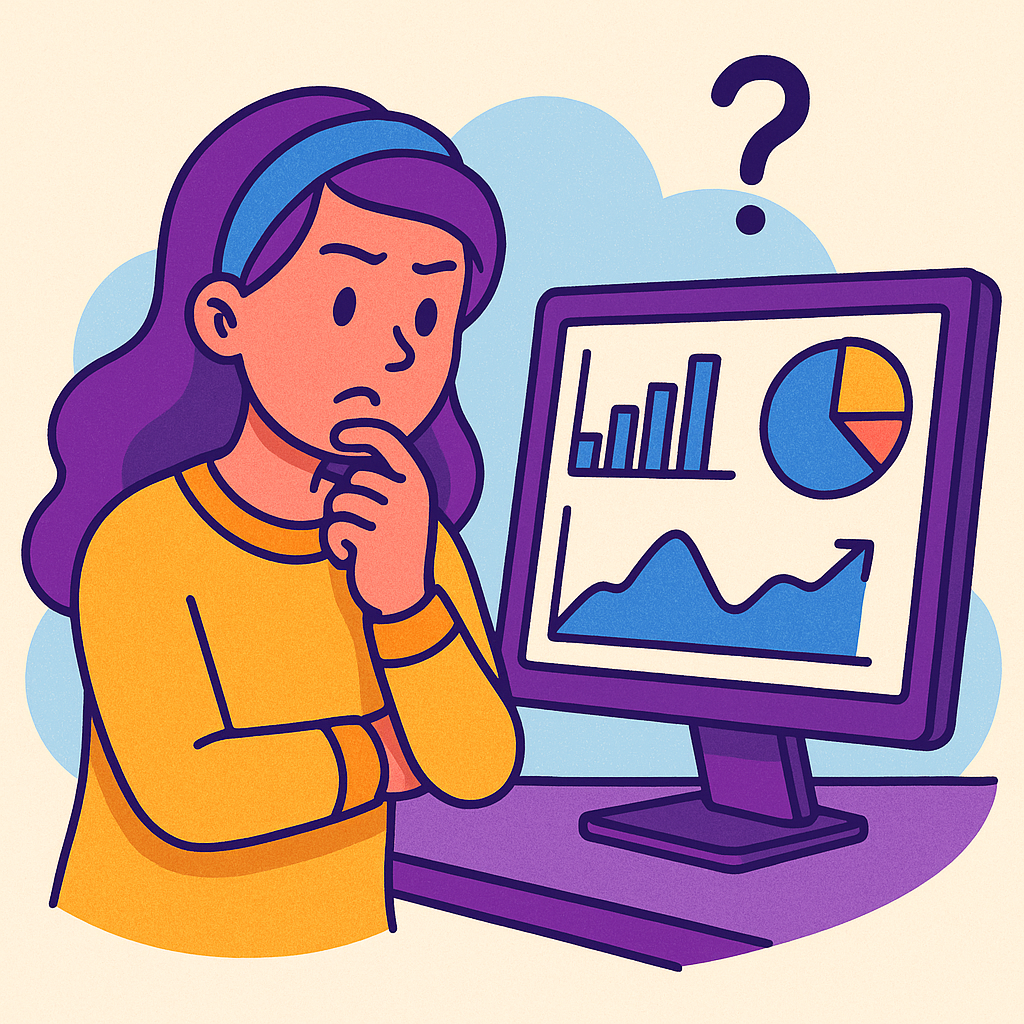In today’s data-saturated higher education landscape, understanding data is no longer just the remit of analysts or registry teams. Whether you’re in academic leadership, student support, marketing, or administration, data touches every aspect of your work.
Yet many professionals still feel overwhelmed, or even intimidated, by the term “data literacy.”
As someone who has worked across data strategy, governance, protection, and visualisation in UK Higher Education, I’ve seen first-hand how empowering it is when staff at every level become confident with data.
What is Data Literacy?
At its core, data literacy is the ability to read, understand, question, and communicate with data. It’s not about becoming a statistician or a data scientist, it’s about making informed decisions and asking the right questions.
Think of it like financial literacy: you don’t need to be an accountant to manage a budget, but you do need to understand what the numbers mean and how to act on them.
Why It Matters in Higher Education
- Improved Decision-Making
Whether you’re reviewing course performance, student feedback, or recruitment trends, having basic data skills helps you interpret dashboards and reports with confidence, and challenge them when needed. - Greater Accountability
The regulatory landscape (hello, OfS and HESA) demands transparency and evidence. Data-literate staff can contribute to accurate reporting and compliance without feeling out of their depth. - Enhanced Student Support
Spotting patterns in attendance, engagement, or outcomes can help identify students at risk earlier. Data fluency allows staff to proactively support students using evidence, not just intuition. - Better Conversations Across Teams
Data-literate teams break down silos. Shared understanding of metrics makes interdisciplinary discussions more effective and collaborative. - Digital Transformation and AI Readiness
As tools like AI and Power BI become embedded in institutional processes, staff with foundational data skills are better positioned to use and critique these technologies ethically and effectively.

Starting the Journey
This doesn’t mean everyone needs to learn coding or advanced analytics. A solid foundation includes:
- Understanding what good data looks like (and where it can go wrong)
- Knowing how to interpret common charts and tables
- Asking critical questions: “What story is this data telling?”, “Is it reliable?”, “What’s missing?”
- Being aware of data privacy and protection principles, especially with student records
What’s Next?
I’m currently developing a course on data literacy for higher education professionals who want to grow their confidence with data, without needing a technical background. It’s designed to be practical, relevant, and supportive.
Whether you’re just starting out or want to upskill your team, now’s the time to build a culture of data confidence across your institution.
Let’s start the conversation.
➡️ What are your biggest challenges when it comes to working with data?
➡️ What would make data feel more accessible in your role?